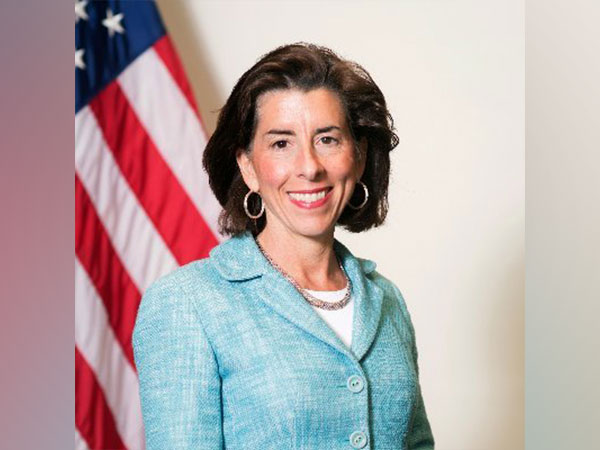Biden administration picks 31 regional tech hubs to spur US innovation
The U.S. Commerce Department said on Monday it was naming 31 regional tech hubs from 370 applicants, making the areas eligible for $500 million in federal funding to help spur innovation across a variety of sectors. Commerce Secretary Gina Raimondo told reporters the program aimed to diversify the United States away from its traditional tech hubs like Silicon Valley, Seattle and Boston.

- Country:
- United States
The U.S. Commerce Department said on Monday it was naming 31 regional tech hubs from 370 applicants, making the areas eligible for $500 million in federal funding to help spur innovation across a variety of sectors.
Commerce Secretary Gina Raimondo told reporters the program aimed to diversify the United States away from its traditional tech hubs like Silicon Valley, Seattle and Boston. "Those tech ecosystems are concentrated in just a few places around the country," Raimondo said. "They don't reflect the full potential of our country.... They don't corner the market on great ideas."
The program is part of President Joe Biden's belief the government should help fund key sectors to attract more private sector investments in industries like electric vehicle battery production, semiconductors and clean energy. White House National Economic Director Lael Brainard said the regional tech program makes "smart public investments in critical technologies in every region of the country."
The Biden administration this month announced seven "hydrogen hubs" in 16 states would share $7 billion to jump-start the emerging industry. The designated regional tech hubs are in places like Montana, Wisconsin, upstate New York, Vermont, Nevada, Illinois and Puerto Rico, and are focused on areas including semiconductors, clean energy, critical minerals, biotechnology, artificial intelligence and quantum computing.
"People shouldn't have to move to get a good job," Raimondo said, noting many of the hubs are in small cities. A Washington state and Idaho hub will focus on developing new materials for more fuel-efficient next-generation aircraft, while an Oklahoma hub seeks to commercialize autonomous systems in areas like agriculture and pipeline inspections. A Wisconsin program aims to develop personalized medicine. The hub designations are no guarantee of federal funding. Raimondo said the administration next year plans to award about five to 10 of the 31 tech hubs up to $75 million each.
Congress approved $500 million for the program in August 2022 as part of the landmark "Chips and Science" law that provides $52 billion for U.S. semiconductor production and research to better compete with China. Biden this year asked Congress for $4 billion to fund additional regional tech hubs. Congress has not yet approved a full-year budget for the current fiscal year.
(This story has not been edited by Devdiscourse staff and is auto-generated from a syndicated feed.)
ALSO READ
Capitol in Crisis: Snow Storm Challenges Washington's Security Overdrive
UN Women Executive Board to Hold First Regular Session of 2025 in New York
President-elect Donald Trump asks the Supreme Court to block sentencing in his hush money case in New York, reports AP.
Trump Seeks Supreme Court Intervention in New York Sentencing
Honoring Legacy: Jimmy Carter's Final Farewell at Washington National Cathedral










